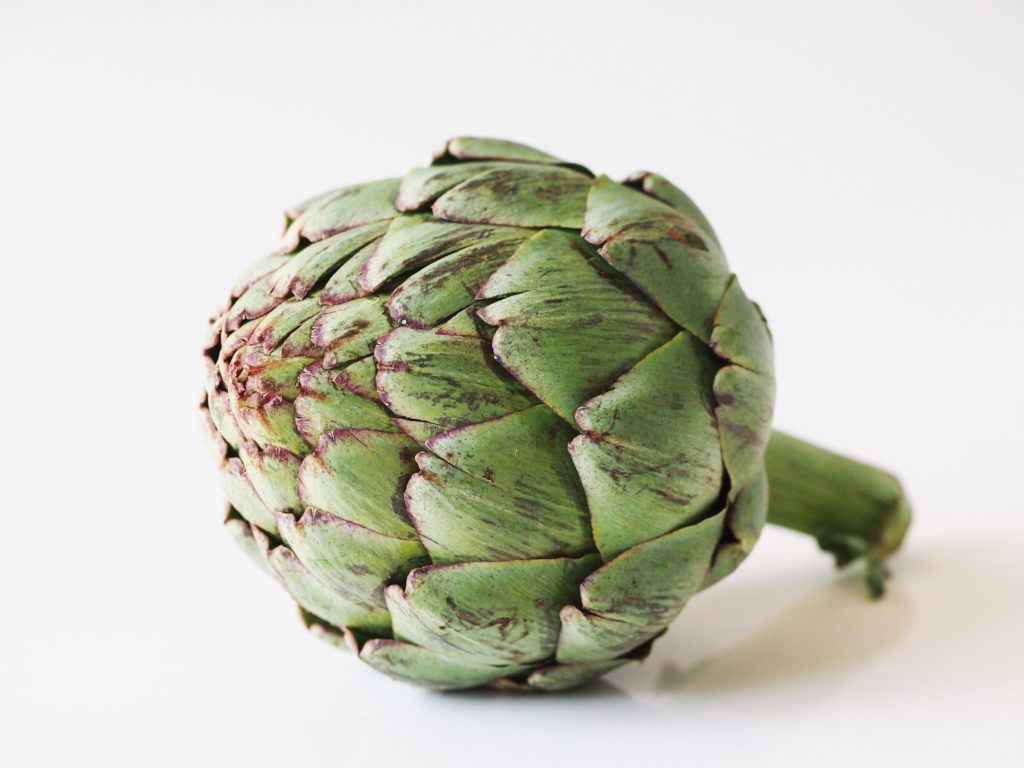Food for Happy Heart Is Happy Baby!
Your pregnancy diet is one of the most important factors when it comes to your unborn baby’s health and development. A fetus must receive a steady supply of nutrients to maintain an optimum growth rate and establish a healthy development.
The more nutritious choices you make today, the better off your little one will be. All of the incredible changes are made possible once the baby’s heart starts to develop. Which is already pumping blood by your seventh week of pregnancy. A fetus’ heart helps deliver blood and nutrients throughout its system, promoting healthy development from its first beat. Give your little one the best shot at a strong and healthy heart – and in turn, a healthy body – by making these simple changes to your pregnancy diet.
Go Green
Green is important to keep your heart pink.
Green vegetables are pregnancy must-haves. Green vegetables have an abundance of nutrients, which signifies that you can get your everyday dosage of vitamins, minerals, and fiber from them. You can eat them in raw or cooked form; rather you can go versatile with your veggies and eat them in any form you like. It reduces the risk of many heart diseases for your little one. Add a kale or spinach smoothie to your breakfast routine.
Cook up Swiss chard, mustard greens, or collards as a side dish – or make a nightly salad part of every dinner you have. Making sure you up your green intake doesn’t have to be monotonous. However, make sure you check with your doctor before eating raw green vegetables because some women may not be allowed to eat raw vegetables for certain health reasons. So go green.
Dairy product
You should include milk, cheese, yogurt, and other such dairy items in your diet. All such food items are a great source of calcium, which is of prime importance for your growing fetus. Milk has always been an essential source of cardio development.
Low-fat dairy, such as 8 ounces of milk or Greek yogurt, can be a great option for meeting your calcium needs. Just make sure any dairy you choose – from milk to yogurt to cheeses – has been safely pasteurized to ensure you and your baby stay safe and healthy. So whenever you drink milk your baby’s heart smiles at you.
If you are lactose intolerant, it may be a wise idea to switch to other dairy alternatives such as almond milk. You may consult your doctor for the other alternatives.
Eat Nuts
Nuts are great for your growing baby’s heart. You can include almonds, cashew nuts, walnuts, pistachios and other nuts to your diet. You can add them in your salads, puddings, smoothies, pasta and other food items. Legumes such as lentils and chickpeas, not only offer protein, but they also serve up a dose of heart-healthy copper. You can roast them with little salt and oil and munch them as a healthy snack.
Make sure you consume nuts in moderate quantities, and not at one go. Spread the consumption throughout the day. Also, soaking the nuts is recommended. Scientific research shows that nuts also help to regulate your baby’s heartbeats. So keep munching.
Artichoke

Did you know that artichoke hearts are jam-packed with fibre? They are proved to accelerate the heart growth of your baby. With 10 grams in a single artichoke, these small green clusters are one of the most fibre-rich
vegetables in the world— making them the perfect addition to your pregnancy diet. Artichokes are versatile! The heart and petals of the flower taste great on their own or paired with creamy foods like butter, cheese, and mayonnaise; fatty foods like anchovy or bacon; and starchy vegetables like peas and potatoes. Fibre is essential to maintaining healthy prenatal blood sugar levels, and it has also been proven to reduce the likelihood of preeclampsia— a condition that claims the lives of approximately 76,000 pregnant women (worldwide) per year.
Chia Seeds
Chia seeds have been labeled a superfood by nutritionists and health care professionals. These tiny edible seeds are gathered from the Salvia hispanica plant.
During pregnancy, omega-3s are particularly important because they support fetal heart and brain development.
Just 100 grams of chia seeds contains 136 percent of the daily recommended intake of fibre. They are also chock-full of calcium, potassium, magnesium, and iron.
Chia seeds contain more calcium per gram than milk and most other dairy products. Thus, they are a great alternative for vegans or moms who are looking for dairy alternatives. These fatty acids help fight inflammation, which can benefit the body by staving off heart disease, diabetes, and depression. Hence chia seeds must be in a priority position on your diet list.